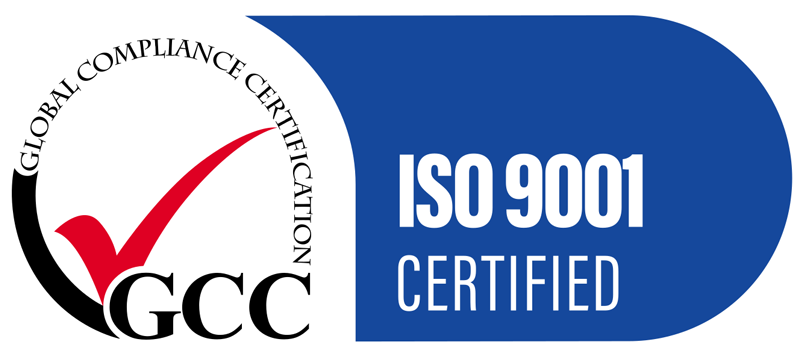In March 2018, the Trump administration announced a 25% tariff on steel products being imported into the United States, to take effect almost immediately. It would only apply to a certain number of steel products coming from certain countries, but it caused shockwaves around the financial and manufacturing world.
While some have seen the move as a way of protecting the United States from countries that were already producing more steel than they had demand for and were subsequently driving the market price down (or “dumping”), others wondered how effective such a tariff would be in a global economy.

A global impact
For every tonne of steel that America exports, it imports four from overseas, and this imbalance is only increasing over time. Three quarters of this steel comes from eight countries: Canada, Brazil, South Korea, Mexico, Russia, Turkey, Japan and Taiwan. This means that these countries will now be directly impacted as one of their main customers will, in effect, be buying less of their product. Turkey has been hit particularly hard by this, as the tariff for that country has been doubled to 50%.
Interestingly, China is on the list in 11th place, despite it being the country that generates half of the world’s entire steel supply.
Not all steel products are covered under the tariff. For example, bolts, washers and screws are not subject to it, as well as air heaters and barbed wire. Flat-rolled steel, tubes and rods are all subject to the tariff as are rail tracks and steel ingots. Basically, products made from steel are exempt, but the raw materials used to make them are not.
The world reacts
Each country that is named in the tariff is reacting to the issue in different ways. For the European Union, which acts as one unified economic block, their response has been to investigate the notion of applying their own tariffs against American-made products. High on the list of possible items for this exercise are jeans and bourbon – two stalwarts of American culture.
Canada is, in turn, setting out their own range of steel tariffs. They plan on imposing them on the United States and China among other countries, who are some of Canada’s biggest suppliers. Brazil threatened to take its coal importing business – the coal used by steel manufacturers – away from United States suppliers and look elsewhere.
Economists warn that this escalating back-and-forth of countries levying tariffs on each other and finding new suppliers for materials will lead to an all-out trade war, which can be disastrous for local trading patterns and economies.

American companies, who the tariff was designed to protect, are expressing concern on how their image is being seen on a global stage. For example, classic motorbike manufacturer Harley-Davidson are already going through several consecutive years of lower-than-expected overseas sales, and they fear that more will be on the way as other countries retaliate.
Australia, meanwhile, is not subject to these direct tariffs from the United States but can still be affected by it through the actions of other countries. At ShapeCUT we are keenly interested in the future of the steel industry and look forward to seeing how this plays out over the coming months. Talk to ShapeCUT today to see how we can make steel work for you.
Contact Us To Find Out More
We ensure a fast, exact and economical steel solution for our clients. Call our team today to discuss your steel cutting and metal processing requirements.
Get Our Newsletter
Contact details
121 Mica Street, Carole Park,
QLD, 4300, AUSTRALIA
Freecall: 1800 SHAPECUT (1800 742 732)
Telephone: (07) 3271 5600
Facsimile: (07) 3271 5454
Email: sales@shapecut.com.au
Accredited Profile Cutting

Profile Cutting
Metal Processing Services
©2025 ShapeCut | Website design Brisbane by iFactory | Privacy Policy | Search | Sitemap



